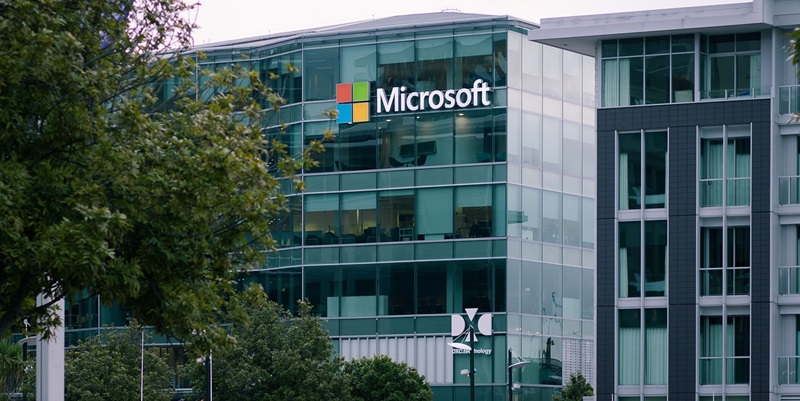In a bold move that redefines the boundaries of personal computing, Microsoft has announced the impending release of its latest Surface and Surface Pro laptops, engineered with a transformative new feature: an advanced artificial intelligence tool named Copilot. As a direct fruit of its strategic partnership with OpenAI, Microsoft is integrating the capabilities of ChatGPT’s AI into the heart of its flagship computing devices, creating a new standard for performance and intuitive interaction that could shape the future of how we relate to technology.
This next-generation Surface lineup is setting the tone for a shift towards decentralized AI, where the cutting-edge Copilot system can execute its wide array of intelligent tasks directly on the device. This groundbreaking approach not only streamlines functionality for the user, enriching their digital experiences with seamless AI assistance but also augments privacy with the option to avoid data tracking. Scheduled for release on June 18, these AI-infused Windows PCs promise to eclipse their predecessors with unmatched speed and a startling degree of intelligence.
Engaging with AI Copilot
Microsoft’s latest Surface PCs integrate a game-changer: Copilot, an AI that seamlessly blends with the user interface to revolutionize computer interaction. It offers advanced capabilities, including immediate language translation and on-the-fly image creation. Previously exclusive to high-powered servers, Copilot now brings these features on-device, cutting costs and enhancing privacy.
This localized AI enhances performance, provides a richer user experience, and comes without extra charges, though it demands a sophisticated system and more energy. Microsoft aims to strike a balance between these elements, offering more value than the drawbacks they may incur. As the June 18 launch of these AI-enhanced PCs approaches, the tech world watches with bated breath. Will the mix of Surface hardware and Copilot software set a new standard in personal computing? The answer will soon unfold.

